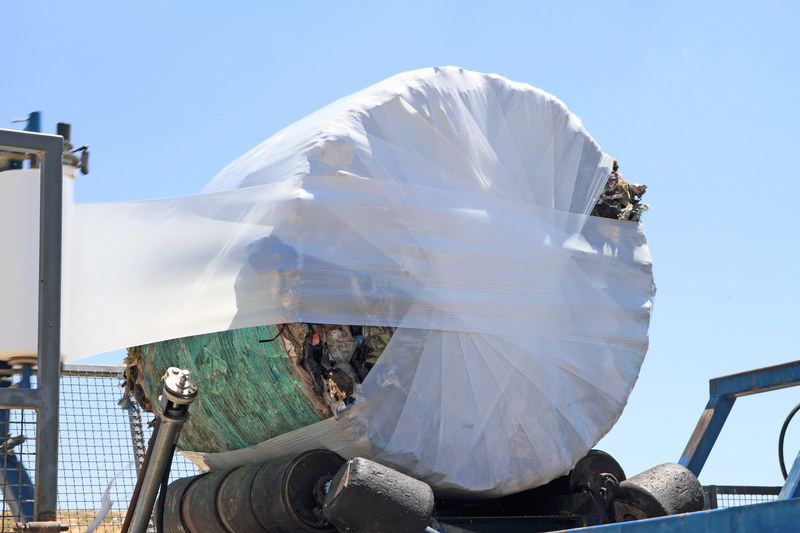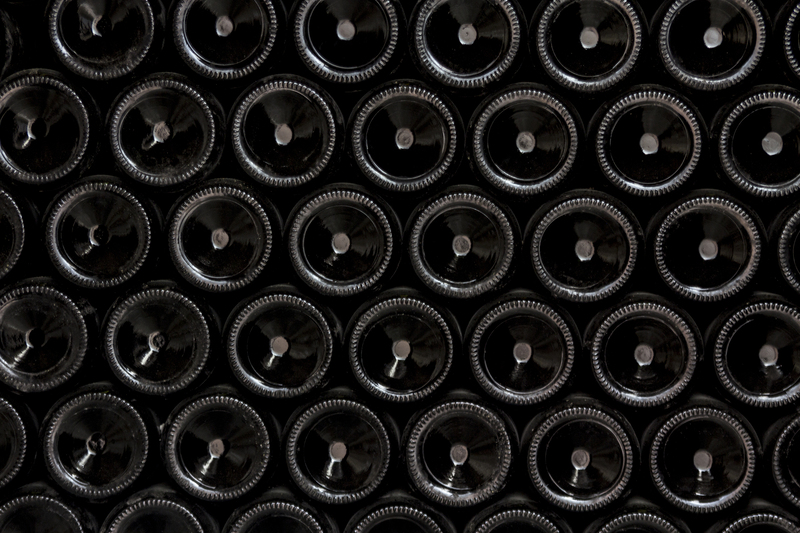How Households Can Lead in Responsible PPE Disposal
The widespread use of personal protective equipment (PPE)--masks, gloves, face shields--has become a daily routine for millions of households worldwide. While PPE has played a critical role in minimizing the spread of diseases, its improper disposal poses significant environmental and public health risks. Households, as primary consumers of PPE, have a crucial opportunity to set the standard in responsible PPE disposal. This comprehensive guide explores how families can champion sustainable practices, reduce environmental impact, and inspire communities through responsible PPE waste management.

Understanding the Impact of PPE Waste
The pandemic has led to an exponential increase in single-use PPE items. Recent studies estimate that over 129 billion face masks are used every month globally, a majority of which are made from plastics such as polypropylene. Unfortunately, a significant portion ends up as litter on streets, in waterways, and eventually the ocean. This creates immense environmental stress, harming aquatic life and contributing to plastic pollution that lingers for centuries.
- Microplastic Pollution: Discarded PPE items break down into microplastics, contaminating soil and water supplies.
- Threat to Wildlife: Animals can become entangled in masks or mistake them for food, causing injuries or death.
- Public Health Risks: Improperly disposed PPE can harbor pathogens, posing health hazards for sanitation workers and the public.
Taking responsibility starts at home. By adopting effective household PPE disposal strategies, families can drastically reduce these negative outcomes.
Why Households Are Key to Responsible PPE Disposal
Households generate a significant share of PPE waste, especially with mask mandates and personal hygiene routines becoming normalized. By embracing safe and responsible PPE disposal at home, families can:
- Minimize environmental impact
- Protect community health
- Set a positive example for neighbors and future generations
- Support municipal waste management efforts
Effective Steps for Responsible PPE Disposal at Home
Every household member, regardless of age, can participate in leading responsible PPE disposal. Below are comprehensive, practical strategies:
1. Educate Your Household About PPE Waste
The first step is awareness. Understanding the environmental and health impacts of PPE waste motivates responsible action. Discuss with family members about:
- The correct way to dispose of masks, gloves, and face shields
- Why PPE must never be flushed or tossed in recycling bins unless allowed
- The importance of keeping PPE waste separate from general recyclables
2. Separate PPE Waste from Household Recyclables
Most single-use PPE is not recyclable through conventional household recycling systems. Contaminating recycling bins can put waste workers at risk and compromise recycling streams. Here's how you can help:
- Designate a special PPE disposal bin in your home, ideally lined with a plastic bag.
- Ensure PPE is placed in a sealed bag before disposing in your outdoor trash. This reduces the risk of contamination and litter.
- Never mix PPE with recyclables.
Check local council guidelines as some regions have designated PPE collection points.
3. Choose Reusable Alternatives Where Safe and Feasible
Single-use PPE is not always necessary in households. Opt for reusable, washable masks and gloves when appropriate for your activities. This reduces waste dramatically. Remember:
- Cloth masks can be washed and reused, making them a sustainable choice for non-medical settings.
- Invest in durable PPE for tasks like cleaning or errands to minimize single-use plastics.
BUT: Always prioritize safety first! For medical care or when in contact with vulnerable individuals, follow recommended guidelines on PPE type and replacement frequency.
4. Practice Proper PPE Removal and Disposal
Handling used PPE correctly minimizes the risk of contamination for yourself and others.
- Remove masks and gloves by the straps--avoid touching the exterior.
- Double-bag used PPE if a household member has been ill before placing in external trash.
- Disinfect hands immediately after handling used PPE.
5. Avoid Littering and Flushing PPE
Never discard PPE on the street, in parks, or public spaces. Improperly disposed PPE is not only unsightly but dangerous to wildlife and public health. Also, never flush masks or gloves down toilets--this causes plumbing blockages and environmental pollution.
6. Encourage Community Engagement and Advocacy
Households can spearhead change beyond their own walls.
- Share information about responsible PPE disposal on social media.
- Discuss with neighborhood associations about bulk collection points for PPE waste.
- Lead neighborhood clean-up initiatives to remove PPE litter from streets and parks.
- Encourage landlords or property managers to provide PPE bins in communal areas.
Innovative Household PPE Disposal Solutions
As awareness grows, new disposal methods and products are emerging to help homes become safer and greener.
Dedicated PPE Waste Collection Bags
Some municipalities and retailers offer specific PPE waste bags that seal tight and are resistant to puncture. These can be disposed of safely in general trash, and help prevent contamination in waste trucks or landfills.
PPE Incineration and Specialized Recycling
Several companies now offer PPE collection and incineration or special recycling services on a subscription basis. Check if your local council or waste contractors provide this service--some accept PPE mailing kits for homes and communities.
"Eco-Friendly" PPE Options
A growing market of biodegradable masks and gloves use materials like bamboo fiber or starch-based polymers. While not widespread, supporting eco-conscious brands can drive demand for better PPE disposal solutions in the future.
Challenges Households Face in PPE Waste Management
Despite best intentions, many families struggle with proper PPE disposal at home due to:
- Lack of clear instructions or signage
- Confusion over what is recyclable versus landfill waste
- Limited access to specialized disposal facilities
- Complacency or "out of sight, out of mind" attitudes
Overcoming these challenges requires persistent education, clear communication, and support from local authorities.
Global Examples of Effective Household PPE Disposal
- United Kingdom: The NHS instructed households to double-bag PPE and store it for 72 hours before disposal, reassuring waste handlers of safety.
- Singapore: Provides brightly marked bins for mask disposal in residential areas, helping residents dispose of used PPE properly.
- Canada: Some cities distribute mini PPE waste collectors to households, reinforcing the importance of separating PPE from regular trash.
Role of Local Governments in Empowering Households
- Providing clear instructions via leaflets, social media, or public signage on proper PPE disposal at home.
- Supplying dedicated PPE bins or bags to families, with regular pick-up or drop-off points.
- Incentivizing sustainable PPE use--such as rebates for purchasing reusable masks or tax deductions.

FAQs: Responsible PPE Disposal in Households
Can I recycle masks or gloves with other plastics?
No. Most masks and gloves are considered contaminated materials and must NOT be recycled with household plastics. They belong in general waste unless your local authority offers a special PPE recycling program.
What should I do if I see PPE litter in my neighborhood?
Wear gloves and, if safe, pick up littered PPE using a grabber tool. Dispose in a sealed bag in your outdoor trash. Encourage others via community groups or neighborhood bulletins.
How can I reduce my household's PPE waste?
Switch to reusable masks and gloves where possible, educate your family about responsible disposal, and advocate for sustainable PPE options in your community.
Conclusion: Be the Change--Households at the Forefront of PPE Disposal
Every family can make a real difference. At a time when responsible PPE disposal is vital to environmental and community health, households have the power to lead by example. Through education, separation of waste, reuse, safe handling, and community engagement, families become stewards of a cleaner, safer planet--and inspire others to follow.
Start today: Review your household's PPE disposal habits, implement these best practices, and spread the word. Let your home--and your neighborhood--stand as a model for responsible PPE waste management.
Together, we can turn the tide on PPE pollution, one household at a time.